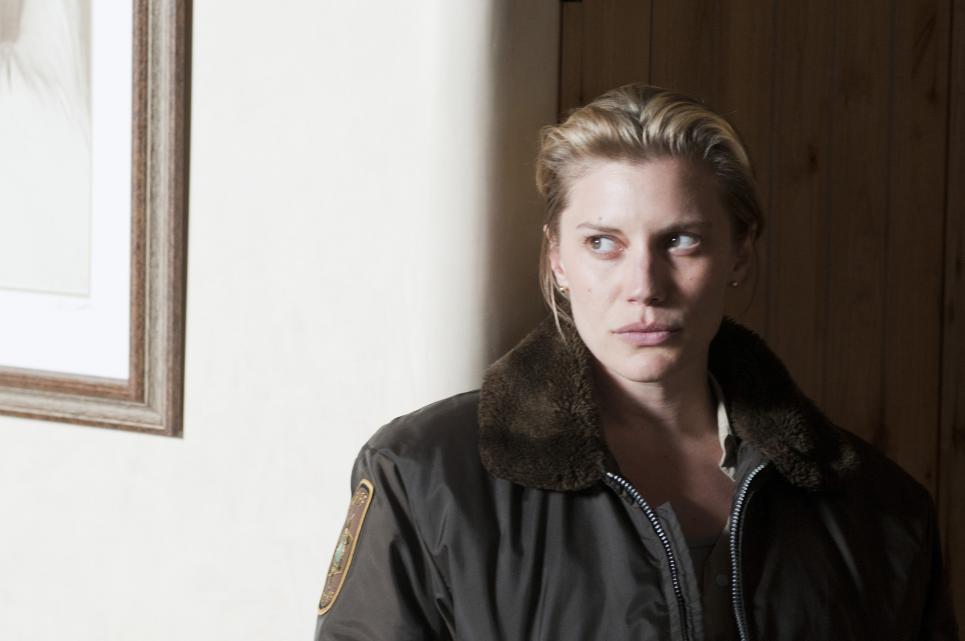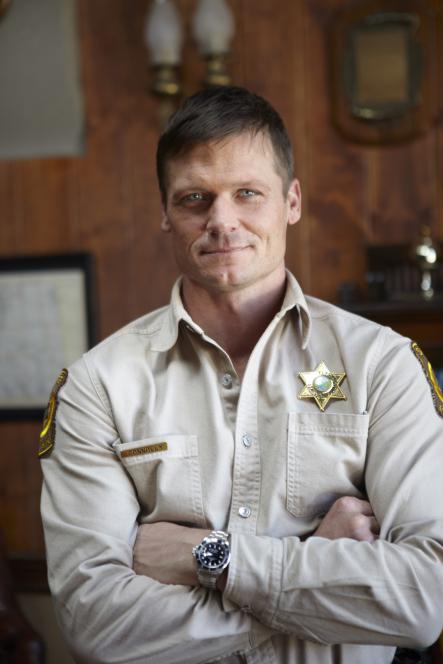The first season was genius. The second season was fun to watch. The third season got decadent and, in my opinion, boring.
For those of you just tuning in and who also hate to click on links, let me summarize NBC's Hannibal. It is based on the Thomas Harris novels involving the character Dr. Hannibal Lecter, whom you may remember Sir Anthony Hopkins playing in a movie over twenty years ago.
I'm not the biggest horror buff, but apparently what makes good serial killer horror fiction is to put Batman-worthy supervillains in a "normal" world where Batman doesn't exist. Dr. Hannibal Lecter is a serial killer who eats parts of his victims. He also happens to be in excellent shape and a decent martial artist. And that "Dr.?" It's because Lecter's both a capable surgeon and an incredibly talented psychiatrist, not to mention an all-around super genius with encyclopedic knowledge of modern police forensics. He also draws, plays the harpsichord and theremin, arranges flowers, and has a sense of smell so good he can identify when someone he recognizes is in a room with him. As you can see from the picture above, Hannibal Lecter's a snazzy dresser.
Seriously, I'm not entirely sure how someone not a member of the Justice League stops Hannibal Lecter.
The TV show features the continuing cat-and-mouse between Dr. Lecter and Will Graham, an FBI profiler who is "super-empathic," meaning he's basically psychic when it comes to looking at crime scenes - able to see how it was done and why. While this is sort of a super-power, it's kind of a crummy one, especially since Mr. Graham feels very hard, like an Imagine Dragons song, so the more he does his super-killer-detector mojo the more it hurts him psychologically.
In the TV series, Dr. Lecter is played by Mads Mikkelsen, who brings a more "coiled spring" energy to Dr. Lecter than Sir Anthony.
 |
| Obligatory joke. |
 |
| He said it was pork. It looks really tasty. |
 |
| "I love organ meats," said Tom, heartily. |
 |
| Prior to these passed appetizers being made, we watch a montage of Hannibal Lecter selecting folks to murder. Are these little flowers beef tartare? Some of them are, certainly. But how many? |
In season two, Will Graham has figured out that Hannibal Lecter is actually a cannibal serial killer with really good aesthetic taste, and Will tries to set traps to get Hannibal caught or killed. This season is suspenseful and well-timed, but a little crazier. Plausibility drops a bit. There are many too many dream sequences and hallucination scenes, as well as sex scenes that illustrate why you shouldn't bother having sex scenes on network TV (oh boy! People writhing artily under sheets or with CGI for three minutes! This is both uninteresting and unnecessary!). There's a B-plot involving a murderous pig farmer and his Italian good squad that added nothing whatsoever to the story other than some gratuitous violence and grossness. That said, I cared about what happened and didn't think the plot twists were too manipulative. And the finale? Like Clovis, I thought it was well-done. If the show ended there, it would have been great. But it didn't.
In season three, Hannibal Lecter, having blown his cover in America when basically the rest of the cast showed up in the season two finale to try to kill him (and he does a much better job trying to kill them in return), is now in Italy having some weird cannibalistic murder-themed codependent relationship with his ex-psychiatrist, played by Gillian Anderson. Everyone's still doing a great job acting, but the plot has become decadent. It goes from twisted murder to twisted murder, with gross revelation thrown in from time to time, without any real suspense. By the time Will Graham found a random Japanese woman guarding a prisoner in Dr. Lecter's snail-filled abandoned Lithuanian castle, with no good reason for any of those things to be and after multiple pointless and gross flashbacks where Eddie Izzard was forced to eat parts of himself, I said to myself, "Netflix has season 3 of The Blacklist on now, so I can see over-the-top plots with murderiness without all the self-seriousness." And I dropped the show like a hot potato. As did NBC.
Season 3's decadence also made me intolerant of the DC-area ignorance of the show's writers and editors in the first two seasons. Will Graham lives in "Wolf Trap, Virginia." This is actually a census-designated place in Fairfax County, but apart from the census bureau no one calls the area around the Wolf Trap Center for the Performing Arts "Wolf Trap, Virginia." Even Wolf Trap's physical address is "Vienna, Virginia." I don't know what kind of 3 to 5 acre farm Will Graham owns in "Wolf Trap," but he's crazy not to sell it to a townhome developer like every other large tract of land in that part of Virginia has been since at least 20 years now; seriously, people are taking parking-lot sized chunks of Fairfax County to build new homes on, housing there is that crazy. The show was filmed in Canada. The police did not wear Fairfax County police uniforms, probably because having policemen who look like city police in gray uniforms would make no sense in crazy alternate universe farmland Vienna, Virginia ("where'd those suburban cops come from?"). But I noticed that they just pulled the sheriffs' uniforms from Fargo out for costuming. Don't get me started on driving times between Vienna, Baltimore, and Quantico. Traffic alone would make Will Graham crazier than analyzing a murder scene.
Okay, I got that out of me. Trust me, you'll ignore it too if you only watch the first two seasons of Hannibal.




























